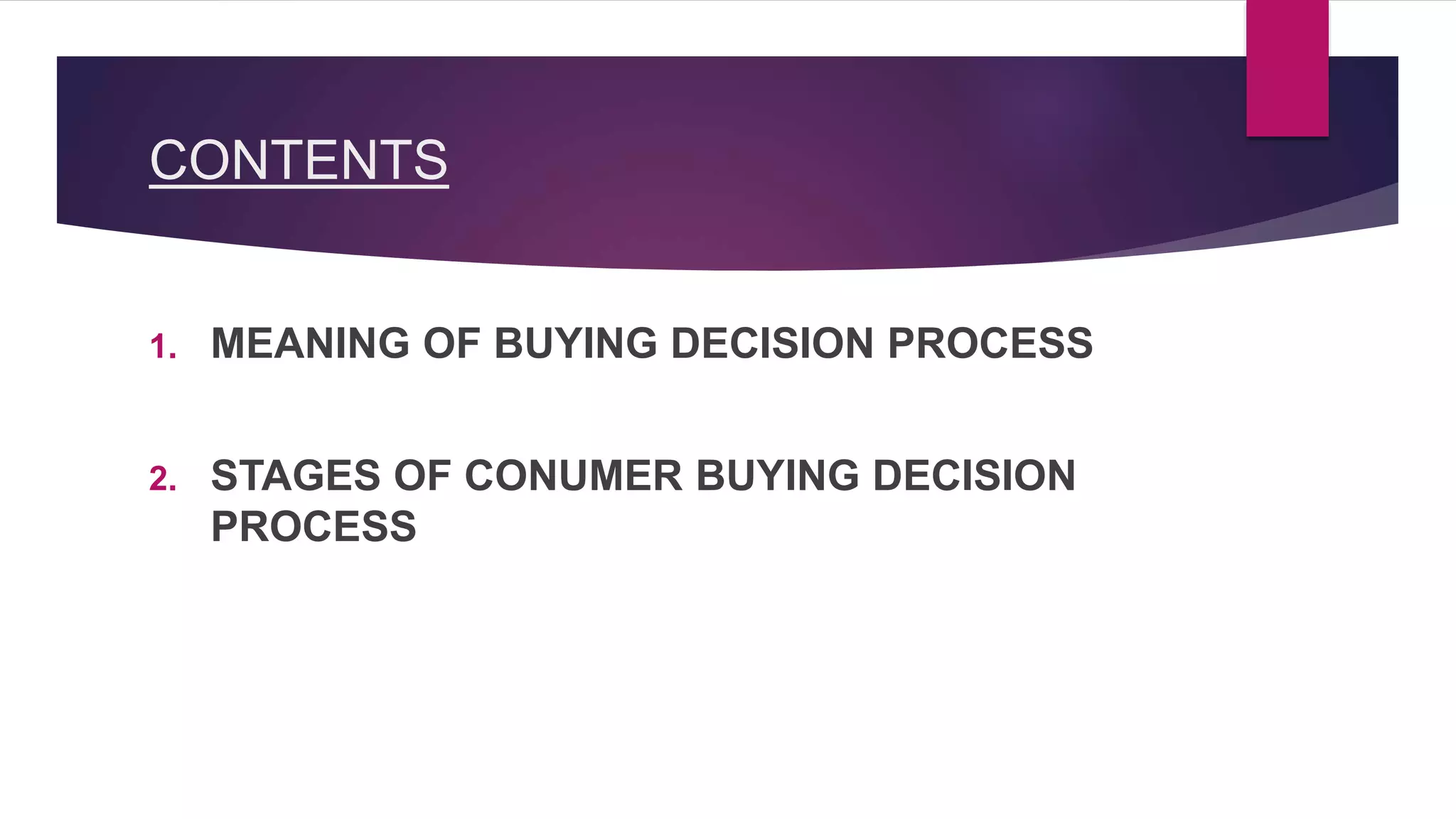How Are Consumer Buying Decisions Related To Successful Financial Management

Consumers are hemorrhaging money daily due to impulse buys and poorly planned spending. This financial mismanagement, directly linked to consumer buying decisions, is crippling individuals and threatening economic stability.
This article breaks down the crucial connection between informed consumer choices and successful financial health, offering a critical analysis of how spending habits directly impact your financial future and providing actionable steps to regain control.
The Danger of Uninformed Consumerism
Consumer buying decisions are no longer just about acquiring goods. They are pivotal moments that determine the trajectory of your financial well-being. Data from the Bureau of Labor Statistics (BLS) reveals that the average American household spends over $60,000 annually, with a significant portion allocated to non-essential items.
These seemingly small, frequent expenditures contribute to a larger problem: debt accumulation. According to a recent Federal Reserve report, total household debt in the U.S. now exceeds $17 trillion, driven largely by credit card spending and impulsive purchases.
This cycle of spending and debt creates a precarious financial situation for many individuals. A 2023 study by the National Endowment for Financial Education (NEFE) found that nearly 60% of Americans are living paycheck to paycheck, leaving them vulnerable to financial shocks.
Linking Spending Habits to Financial Failure
The consequences of poor consumer buying decisions extend far beyond just a tight budget. They directly impact long-term financial goals such as retirement savings, homeownership, and educational funding. A recent analysis by Fidelity Investments shows a significant correlation between disciplined saving and effective consumer spending habits.
Individuals who prioritize needs over wants and engage in conscious spending behaviors are far more likely to achieve their financial goals. Conversely, those who fall prey to marketing tactics and impulsive buying patterns often find themselves perpetually struggling to save and invest.
Furthermore, poor consumer decisions can lead to increased stress and anxiety related to finances. Studies published in the Journal of Consumer Affairs highlight the negative impact of financial insecurity on mental health and overall well-being.
Strategies for Smart Consumer Choices
Breaking the cycle of poor consumer buying requires a proactive and informed approach. The first step is to create a realistic budget that prioritizes essential expenses and allocates funds for savings and investments.
The 50/30/20 rule is a helpful guideline: Allocate 50% of your income to needs, 30% to wants, and 20% to savings and debt repayment. This framework provides a clear structure for managing finances effectively.
Next, be mindful of marketing tactics. Companies spend billions of dollars to influence consumer behavior, often targeting emotional triggers to drive sales. Before making a purchase, ask yourself if it's a genuine need or simply a desire fueled by advertising.
Consider implementing a "cooling-off period" before making significant purchases. Waiting 24-48 hours can provide perspective and prevent impulsive decisions. Avoid shopping when you're stressed, tired, or emotionally vulnerable, as these states can impair judgment.
Regularly review your spending habits. Track your expenses using budgeting apps or spreadsheets to identify areas where you can cut back. Take advantage of price comparison tools and discount programs to maximize value.
The Role of Financial Literacy
Financial literacy is paramount to making informed consumer buying decisions. Many schools and communities lack comprehensive financial education programs, leaving individuals ill-equipped to manage their money effectively.
The JumpStart Coalition for Personal Financial Literacy advocates for increased financial education in schools and communities. They provide resources and training to help individuals develop essential money management skills.
Take advantage of available resources to improve your financial literacy. Attend workshops, read books, and consult with financial advisors to gain a deeper understanding of budgeting, saving, investing, and debt management.
Ongoing Developments and Next Steps
The Consumer Financial Protection Bureau (CFPB) is actively working to protect consumers from predatory lending practices and unfair financial products. Stay informed about their initiatives and utilize their resources to make informed financial decisions.
The future of consumer buying decisions hinges on increased financial literacy and responsible spending habits. By prioritizing financial education, practicing mindful spending, and actively managing debt, individuals can pave the way for a secure and prosperous financial future.
Take control of your finances today. Start by creating a budget, tracking your expenses, and educating yourself about personal finance. Your future financial well-being depends on it.
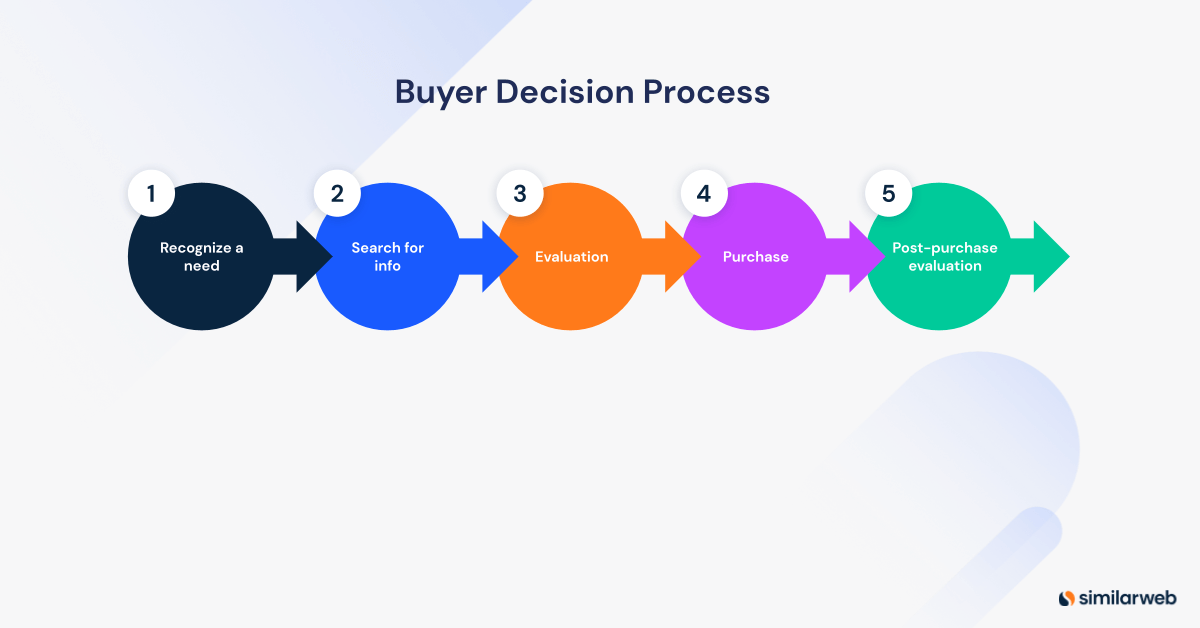




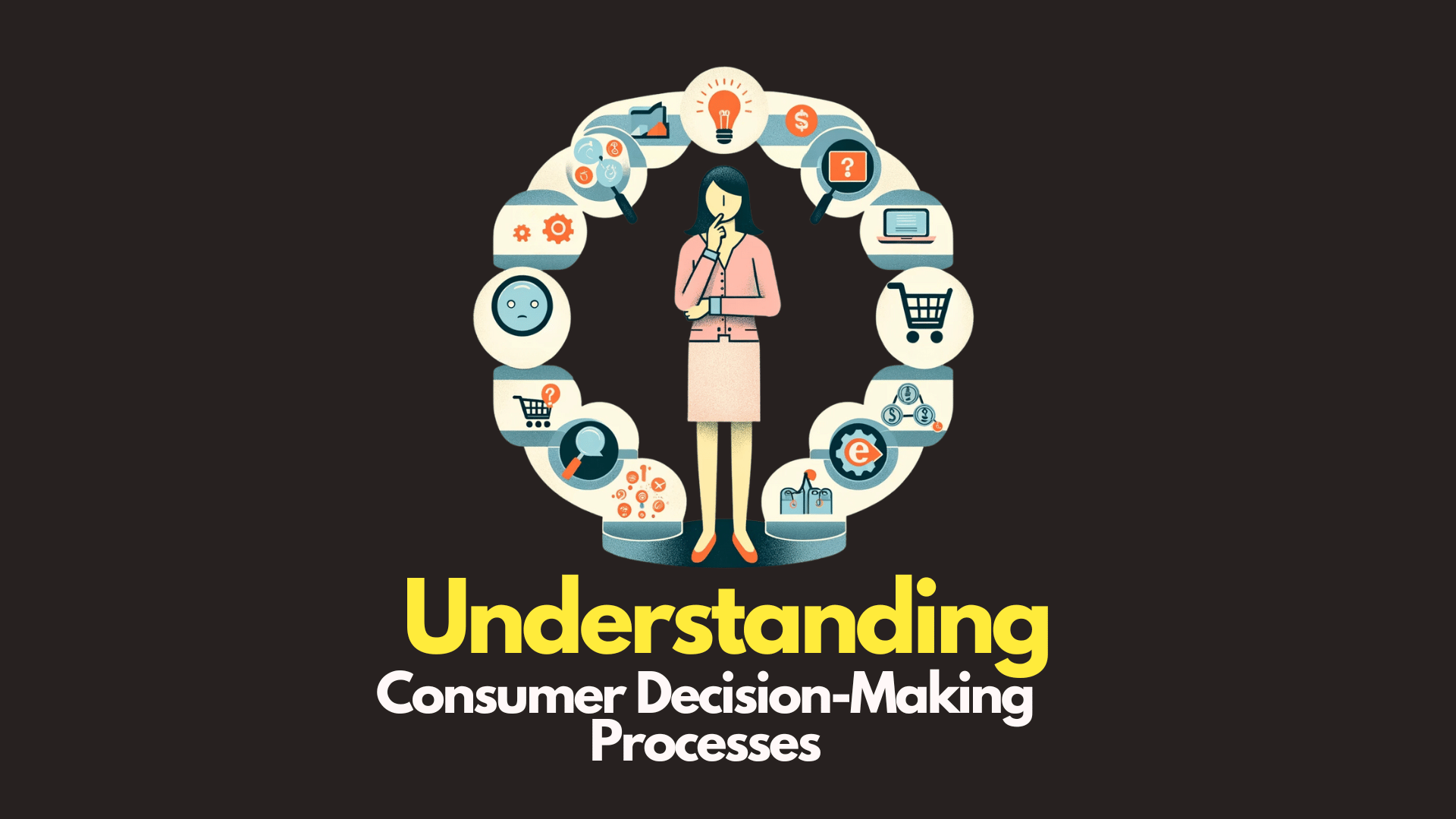
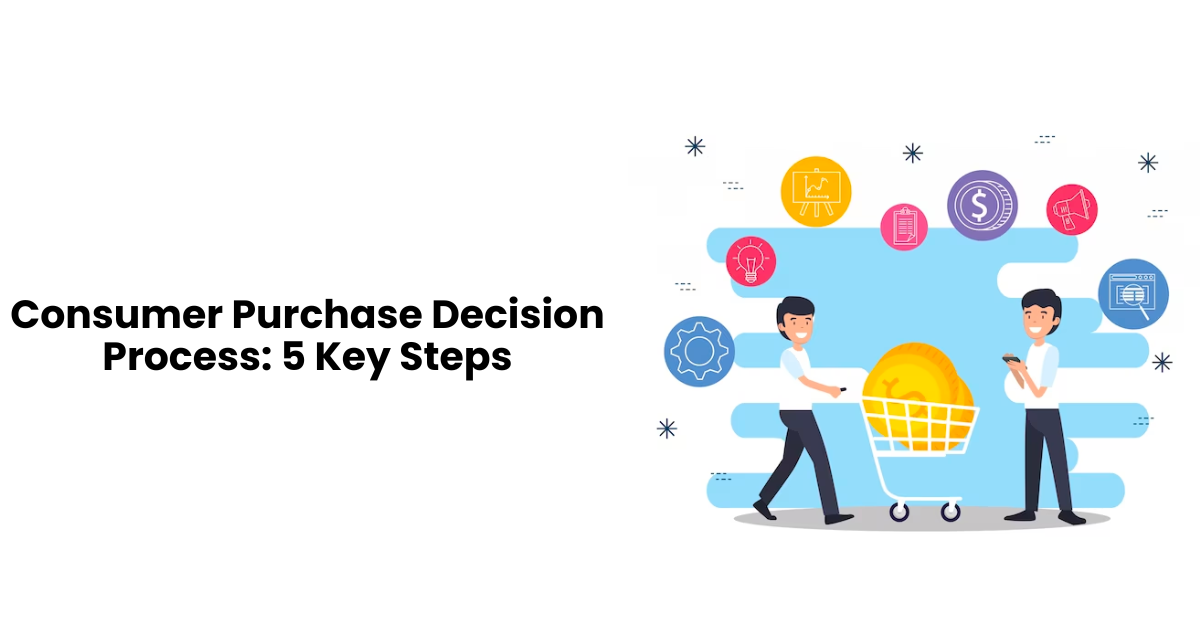
![How Are Consumer Buying Decisions Related To Successful Financial Management Consumer Decision Making Process [5 Step Full Length Guide]](https://animasmarketing.com/wp-content/uploads/2020/09/customer-purchase-process.jpg)
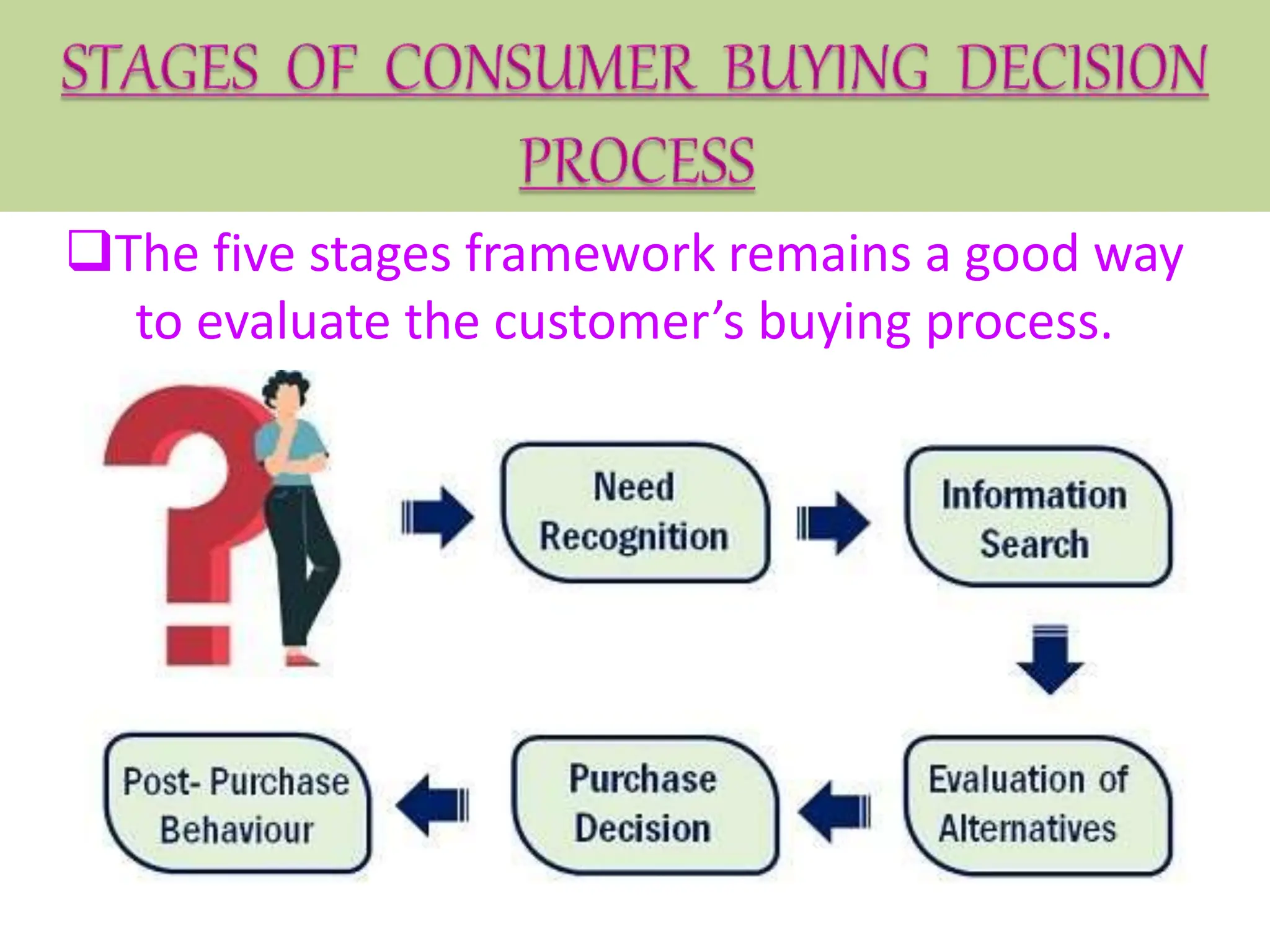

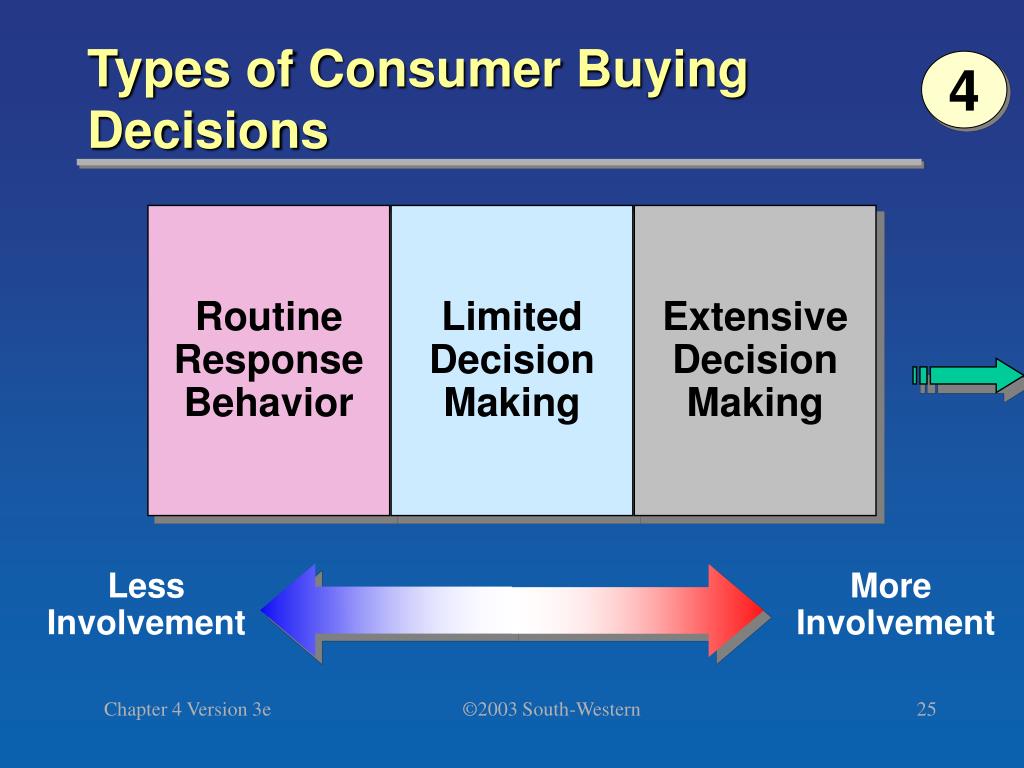

![How Are Consumer Buying Decisions Related To Successful Financial Management Consumer Decision Making Process [5 Step Full Length Guide]](https://animasmarketing.com/wp-content/uploads/2020/09/purchase-decision-stage-4.jpg)


